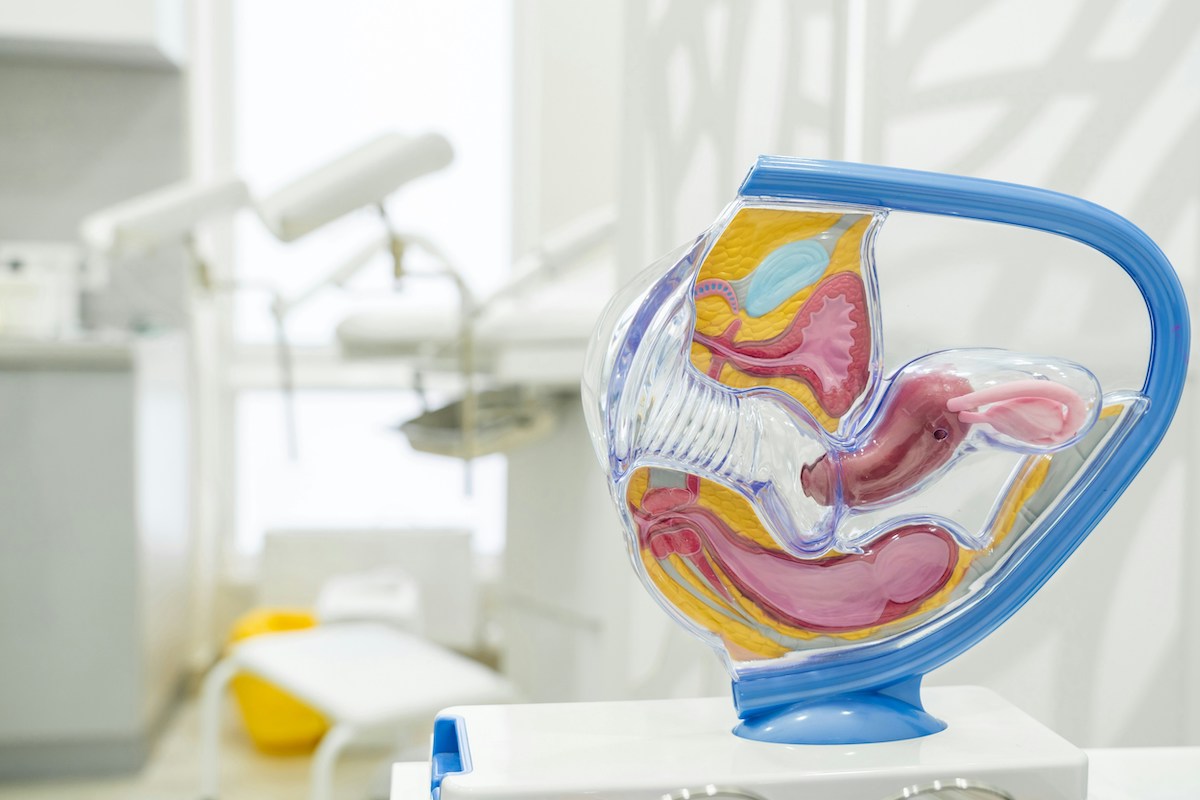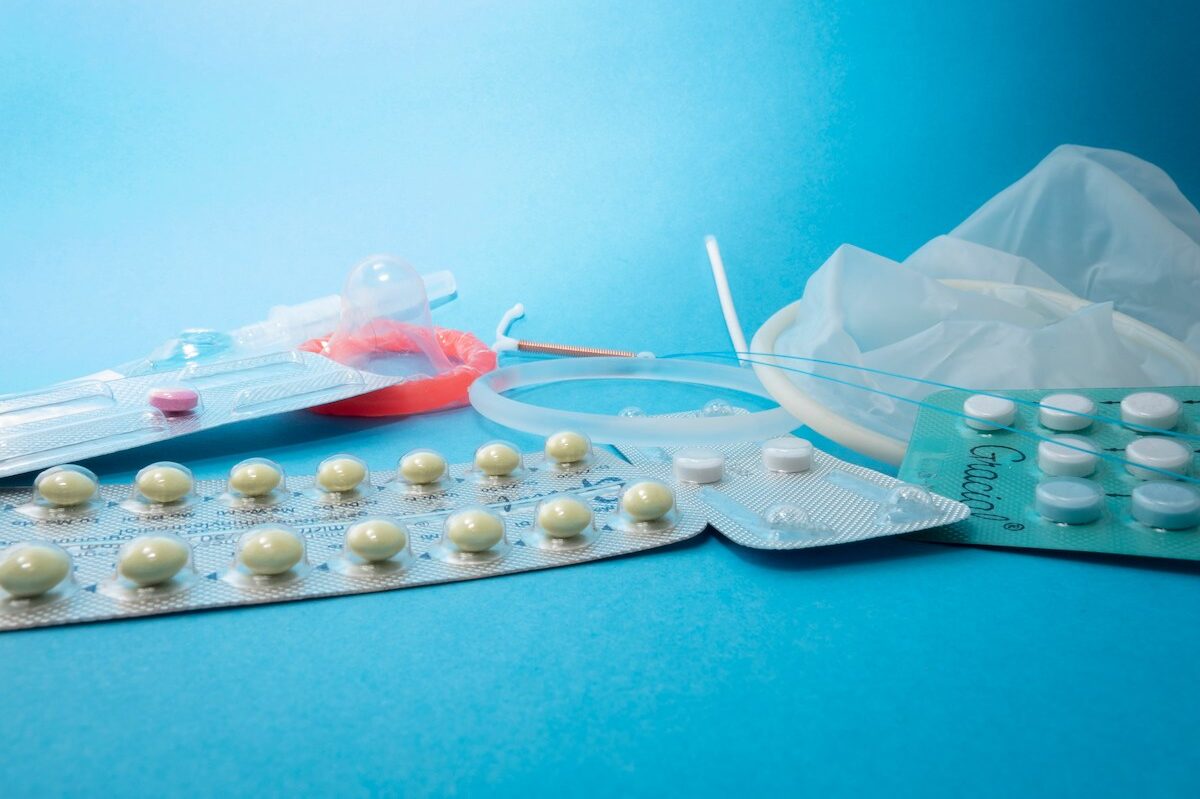I am preparing for my third (and final) C-section, and my OB has strongly recommended that I consider having my tubes removed “while [they’re] in there,” as it reduces the risk of ovarian cancer. They assured me there is zero hormonal impact from doing this, as the tubes themselves don’t generate hormones. However, they confusingly say the only impact is that I may possibly experience menopause about a year earlier. I’m all about reducing my risk of cancer, and have no need for my tubes, but I’m very concerned about hormonal impacts, especially any increased risk of postpartum depression or anxiety, as I live with some anxiety today and know I’m vulnerable postpartum. I’m also unsure what earlier menopause actually means and what else I should be considering. I don’t know how to think about making this decision and would so appreciate help!
—Anonymous
If your family is complete and you would prefer permanent contraception, a salpingectomy — the surgical removal of the fallopian tubes — is a great option. If you are already having a C-section and the salpingectomy can be performed at the same time, all the better. You are already having pelvic surgery, and there is minimal added risk and no significant change in recovery when you add a salpingectomy to a routine C-section. And you get the contraceptive benefit as soon as you are ready to return to having sex.
In the past decade or so, there has been growing evidence that in the general population, opportunistic salpingectomy (removing the fallopian tubes during another pelvic or abdominal surgery) reduces the risk for ovarian cancer by as much as 80%. This is because upward of 75% to 85% of ovarian cancers actually start in the fallopian tubes.
Permanent contraception and reducing your risk for ovarian cancer all in one procedure during a surgery you are going to have anyway — what’s the hitch? Based on the data available to date, there seems to be very little downside. Immediately after the procedure, there appears to be no difference in hormonal function. One observational study showed no difference in age at menopause among women undergoing opportunistic salpingectomy. A large randomized controlled trial looking at this question is ongoing. However, there is virtually no health impact of entering menopause just one year earlier.
Ultimately, salpingectomy during a C-section is effective permanent contraception and ovarian cancer prevention with little proven downside. I would encourage you to know your state laws around sterilization procedures. In my state of New York, you must sign consent for these procedures at least 30 days prior, so think ahead!
Community Guidelines




















Log in